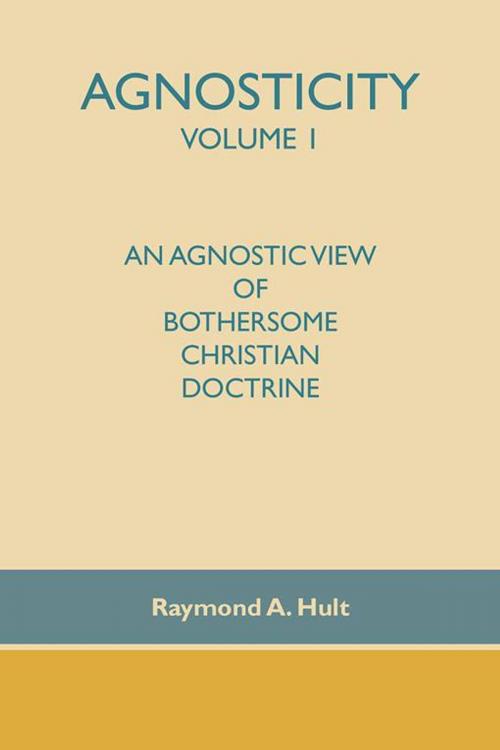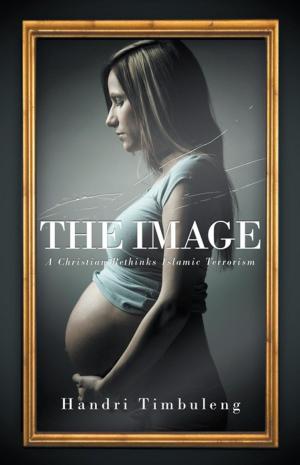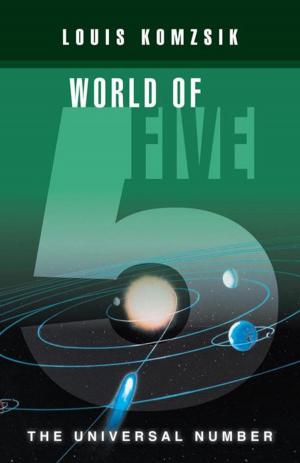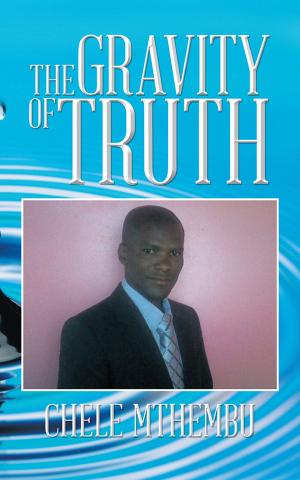Agnosticity Volume 1
An Agnostic View of Bothersome Christian Doctrine
Nonfiction, Religion & Spirituality, Philosophy, Religious| Author: | Raymond A. Hult | ISBN: | 9781425197131 |
| Publisher: | Trafford Publishing | Publication: | February 16, 2007 |
| Imprint: | Trafford Publishing | Language: | English |
| Author: | Raymond A. Hult |
| ISBN: | 9781425197131 |
| Publisher: | Trafford Publishing |
| Publication: | February 16, 2007 |
| Imprint: | Trafford Publishing |
| Language: | English |
Agnosticity is a new word created by the author with the hope that it will cause the reader to take a fresh look at how Agnostics think. Volume 1 reflects agnostic concerns surrounding Christian doctrine and is the first of a series intended to analyze the belief systems of major organized religions around the world. Christianity was chosen first because it accounts for the religious preference of about three of ever four American adults.
Using his twenty-seven years as a Special Agent for the FBI as a springboard, the author draws on his experience in deductive reasoning to justify the agnostic point of view. This book is written so that the average person can easily understand the doubts that agnostics struggle with in trying to decide the existence of God. Instead of requiring a PhD. in religious studies, the author appeals to the common sense and rational thought that is inborn in most everyone.
A primary goal of the author is to portray the Agnostic in a more favorable light and that there is nothing evil with admitting that a sure knowledge of God may not be so sure after all. Almost every page will result in readers re-evaluating their belief in God and the tenants of Christianity. Whether agreeing or disagreeing, the reader will never regard Christian dogma exactly the same way again.
Agnosticity is a new word created by the author with the hope that it will cause the reader to take a fresh look at how Agnostics think. Volume 1 reflects agnostic concerns surrounding Christian doctrine and is the first of a series intended to analyze the belief systems of major organized religions around the world. Christianity was chosen first because it accounts for the religious preference of about three of ever four American adults.
Using his twenty-seven years as a Special Agent for the FBI as a springboard, the author draws on his experience in deductive reasoning to justify the agnostic point of view. This book is written so that the average person can easily understand the doubts that agnostics struggle with in trying to decide the existence of God. Instead of requiring a PhD. in religious studies, the author appeals to the common sense and rational thought that is inborn in most everyone.
A primary goal of the author is to portray the Agnostic in a more favorable light and that there is nothing evil with admitting that a sure knowledge of God may not be so sure after all. Almost every page will result in readers re-evaluating their belief in God and the tenants of Christianity. Whether agreeing or disagreeing, the reader will never regard Christian dogma exactly the same way again.















